
Vice President Dr. Mahamudu Bawumia has emphasized the government’s commitment to addressing challenges within the informal economy through the implementation of the Ghana Card, a key component of the digitalization agenda.
Speaking at the 20th edition of the Ghana Club 100 Awards on Saturday, December 9, the NPP flagbearer highlighted the adverse effects of the informal economy, such as age cheating, identity fraud, and the proliferation of fake documents like insurance, birth certificates, and passports.
Dr. Bawumia underscored the importance of transitioning from an informal economy to a more disciplined and transparent system.
He outlined the issues faced in an informal economy, including corruption, lawlessness, tax evasion, and an unbanked society. To tackle these challenges and unlock the transformative potential of the economy, he noted that the government embarked on a formalization process.
The Vice President explained that the digitalization initiative played a pivotal role in this formalization process, with the Ghana Card serving as its anchor.
He added that by digitizing government services through Ghana.gov.gh and other initiatives, the government aims to enhance transparency, clarity, and efficiency in the system. Dr Bawumia stated that these measures contribute to reducing corruption, as services can be accessed without the need for bribes.
“One of the areas that can help our private sector immensely is to transition from the informal economy that we have in many countries, especially in Ghana. When we came into office we were facing some major challenges in the area of informal economy. Before you can really build an economy that is going to be transformational, you need to take care of major problems that are in the informal economy.
“You look at an economy in the informal sense which turned to be undisciplined, the society is undisciplined because the economy is informal and there are no consequences for bad actions, you have a society where corruption prevails, you have lawlessness, you have a tax dodging society, you have an unbanked society, you have a loan repayment dodging society, identity fraud, people assuming identities of others, lack of address systems, age cheating, fake insurance, fake birth certificates, fake passports, no functional address systems, ghost workers on government payrolls.
“These ills of the informal economy that we really inherited made it very difficult for the economy to transform to its potential. That is why we set out to formalize the economy to make sure that the economy works in a transparent system. That area of formalization of the economy we realized heavily on digitalization of the economy to formalize the economy.
“This is why we have been moving sturdily and we have made a lot of progress in this particular area. Of course, the anchor for the digitalization programme has been the Ghana Card that we issued. Today, we have enrolled over a 17million people on the Ghana Card, today we have linked all bank accounts to the Ghana Card, and linked all SIM cards to the Ghana Card, TIN is your Ghana Card number, NHIS number is your Ghana Card number, today we have linked the Ghana Card to the Controller and Accountant General Department payroll. Today we are increasing this formalization of the economy as a result of digitalisation, we are digitalizing all government services through Ghana.gov.gh and so on.
“All these bring transparency and that helps businesses, it makes the system clearer, and it reduces corruption because you can get services without actually going to meet anybody who will demand a bribe,” Dr Bawumia said.
The post Ghana Card tackling corruption, identity fraud in the informal economy – Bawumia appeared first on Citinewsroom - Comprehensive News in Ghana.
Read Full Story
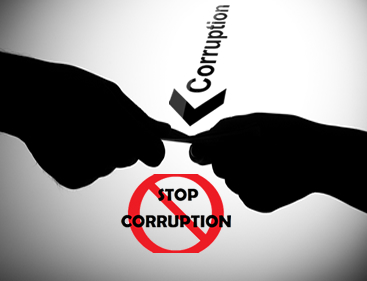

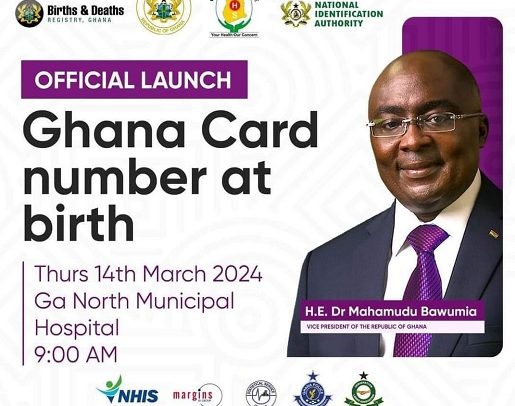
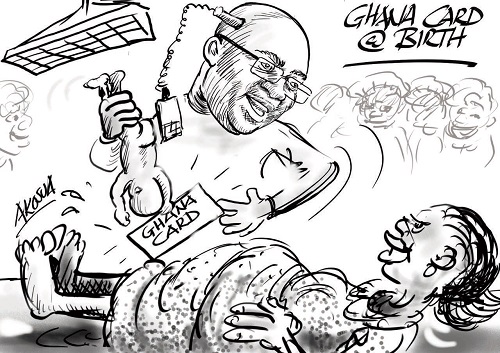
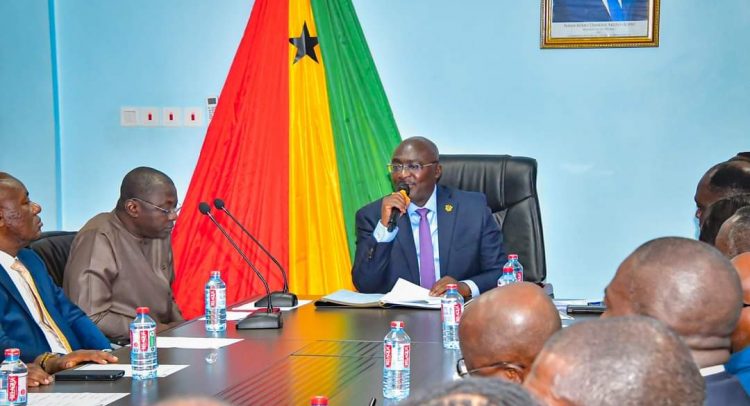
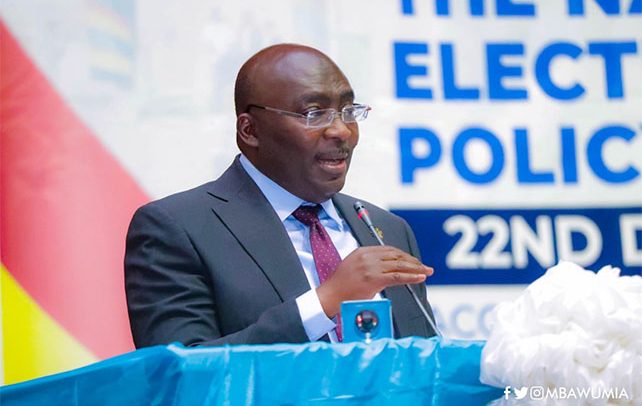














Facebook
Twitter
Pinterest
Instagram
Google+
YouTube
LinkedIn
RSS